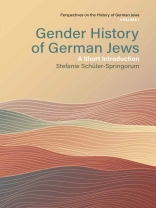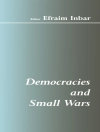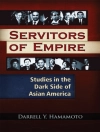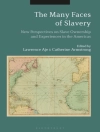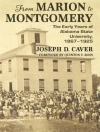This concise overview traces the Gender history of German-Jews from the early modern period to the present day and provides a unique perspective on both men and women as historical actors in the German lands. By adopting new perspectives on the German-Jewish experience, Stefanie Schüler-Springorum introduces and examines gender narratives and opportunities across a wide range of individual circumstances and during times of discrimination, persecution and deportation. While being directed against all Jews the effects of Nazi policy had remarkably different results, depending on gender, class, marital status, age and religious affiliation. The picture that emerges here of German Jewry in modern times is consequently more vibrant and nuanced.
Table of Content
Introduction
Chapter 1. Before Emancipation
Chapter 2. Maskilim and Salon Women
Chapter 3. From a Religion of Men to a Religion of Women?
Chapter 4. The Jewish Women
Chapter 5. The Jewish Man
Chapter 6. Men’s Spheres — Women’s Spheres
Chapter 7. Men without Power, Women without Support: A Persecuted Community under National Socialism
Chapter 8. From Catastrophe to a New Diversity
Bibliography
Index
About the author
Stefanie Schüler-Springorum has been Director of the Center for Research on Antisemitism since 2011, Co-Director of the Selma-Stern-Center for Jewish Studies since 2012, and Director of the Berlin branch of the Center for Research on Social Cohesion since 2020. She also from 2001 through 2011 was Director of the Institute for German-Jewish history in Hamburg.
